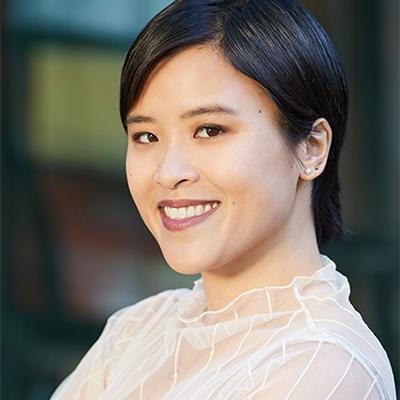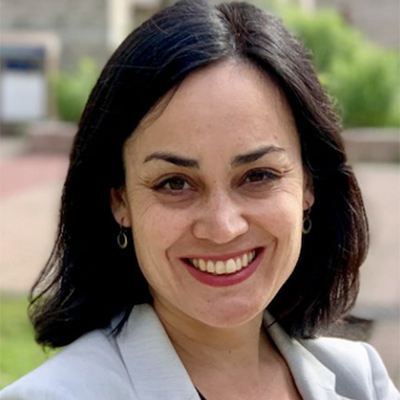From saving editors hours on grant applications to automating website layouts and summarizing public meetings, creative and thoughtful applications of AI are rippling across the media landscape. A diverse lineup of industry leaders will kick off the Journalism and AI roundtable panel discussions in Toronto with a look at some of these developments — and other ways AI tools could benefit newsrooms in the future.
Beginning at 11 a.m. on Thursday, May 30, four thought leaders will explore current and future applications of artificial intelligence in newsrooms on a panel hosted by Carleton University’s School of Journalism and Communication as a part of a day-long roundtable.
The conversation will be moderated by Kate Porter, a veteran Ottawa city hall reporter at CBC and Carleton journalism faculty member who teaches courses on audio and video journalism and civic institutions.

Among the panelists joining in the discussion will be Anita Li, who brings insight on how AI can be leveraged responsibly to support local independent media. She’ll be joined by Louise Story, a media consultant at the intersection of journalism and tech who previously worked as chief news strategist and chief product and technology officer at The Wall Street Journal and co-authored The New York Times’ Innovation Report.
Along with Story and Li, roundtable attendees will hear from Troy Thibodeaux, the director of AI products and services at the Associated Press, which has been a leader in developing AI solutions for local news. The panel also features Nafid Ahmed, a data scientist and vice-president of enterprise analytics, data science, and consumer insights at The Globe and Mail. He was instrumental in developing Sophi, an AI tool that can automate paywalls, print layouts and website displays.
In line with these kinds of applications, Story encourages media professionals to think of AI as a tool that can uncover original content rather than simply replace reporters’ most rudimentary, time-consuming tasks.
“Rather than focusing on how to get AI to do all the things human reporters do, why not make new types of content that will engage readers, but that are beyond what your human teams can create?” she wrote in a 2023 piece examining how media leaders can thrive as AI inevitably reshapes the news landscape.

At the same time, though, increased productivity and time savings resulting from strategic use of AI tools can be immensely valuable to independent media, said Li, the founder, CEO, and editor-in-chief of The Green Line, a hyper-local Toronto news outlet.
Although she is not jumping into AI with breathless optimism, she has embraced the technology in The Green Line’s workflow, freeing up journalists to spend their time where it is most valuable.
In an interview ahead of Thursday’s panel discussion, Li said she is excited about the potential of AI to transform business development for start-ups.
“There’s not a lot of time to do the business development if you’re managing the journalism, right?” said Li, also a Journalism Innovator in Residence at Toronto Metropolitan University.
‘If we’re optimistic about it, there could be really innovative and, hopefully, ethically responsible ways to produce journalism that we’ve never seen before.’
— Anita Li, Toronto-based media consultant and editor-in-chief of The Green Line
With AI tools, she said, “we can actually cover a lot of things that have been completely overlooked over the last few decades.”
Li added that she’s curious to hear about the experiences of other panelists working with AI and other leading-edge technology.

“I can’t even imagine (the products) that might emerge that can better serve the public,” said Li. “If we’re optimistic about it, there could be really innovative and, hopefully, ethically responsible ways to produce journalism that we’ve never seen before.”
Compared to Europe and the U.S., the Canadian media ecosystem has been relatively slow to frame AI as helpful tech, suggested Li. Still, she said she thinks this distinctly Canadian approach — thoughtful consideration in the face of uncertainty — is a strength.
‘Everything’s moving at breakneck speed, and even things that I’ve read that might have been put out a year ago, things have moved way beyond that.’
— Kate Porter, Carleton journalism faculty member and CBC Ottawa reporter
Porter said she hopes the panel talk will be an opportunity to uncover what new tools are on the brink of becoming commonplace in newsrooms.
“Everything’s moving at breakneck speed, and even things that I’ve read that might have been put out a year ago, things have moved way beyond that,” she said. “These are the people who are thinking about those things and are in it.”
Those interested in the discussion can stream the panel on the Carleton School of Journalism and Communication YouTube channel.